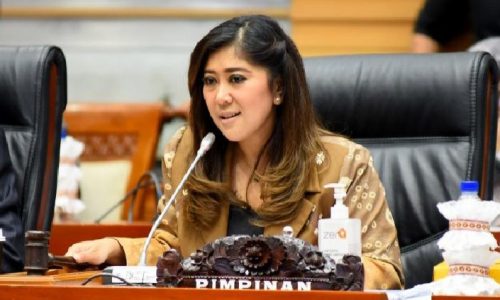An energy expert and senior economist has called for a just and orderly energy transition in Indonesia in light of a recent global study that emphasized the need for countries worldwide to triple their renewable energy capacity by 2023 in order to stay align with climate target.
“This ambitious goal [energy transition] is essential for keeping global temperature rise below 1.5 degree above the pre-industrial level,” Chairman of the Indonesia Clean Energy Forum, Bambang Brodjonegoro, told the Indonesia Energy Transition Dialog 2024 in Jakarta on Monday, November 4, 2024.
He, however, warned that meeting this target must be done in a just and orderly way, ensuring that the transition is fair, inclusive and considerate of social and economic impact especially on communities and sectors that are most affected by the changes.
He suggested that efforts to triple renewable energy capacity require decisive actions that prioritize social and economic equity.
“Our approach must be collaborative and encompassing policy adjustment, infrastructure investment and human resource development. This means aligning energy and economic policy to support job creation, economic resilience, and sustainable growth, ensuring none is left behind in the transition process,” Bambang, who is also former Minister of National Development Planning/Head of the National Development Planning Board (Bappenas), said.
The focus on a fair and orderly transition aligns directly with Golden Indonesia Vision 2045, where energy transition is positioned as a key driver to help Indonesia escape from the middle income trap and realize its long-term economic aspirations.
A fair and orderly transition theme resonates with current government agenda through Asta Cita that supports efforts to achieve ambitious 8-percent annual economic growth rate and by integrating sustainable practices in to our economy.
A key driver for achieving higher growth lies in efforts to attract more investment and energy transition will play a central role in this. Additionally as highlighted in the Low Carbon Development Indonesia (LCDI) study by Bappenas, powering the economy with clean energy will reduce the strain on our environmental carrying capacity, paving the way for sustainable and resilient growth across sectors.










